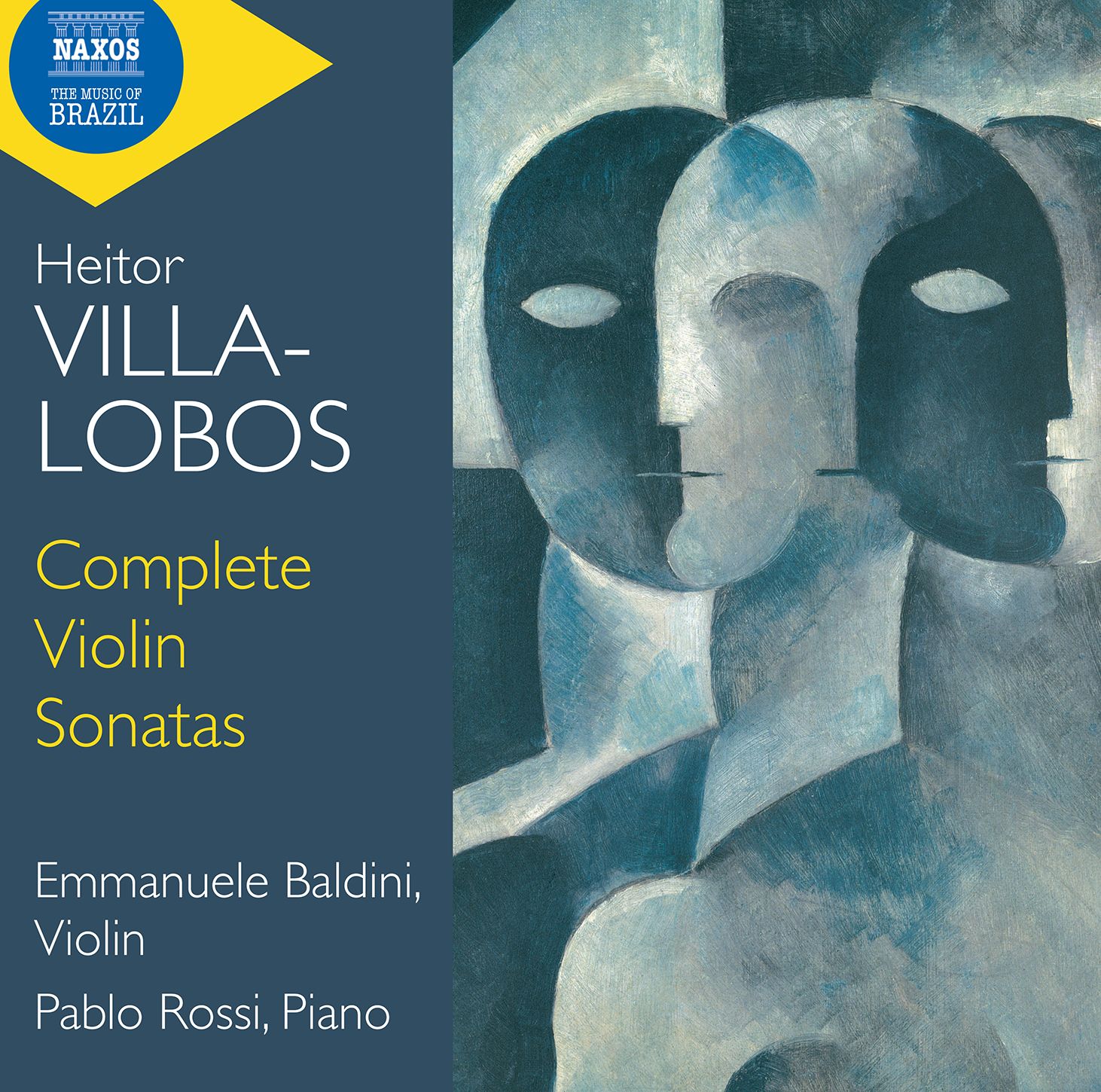Villa-Lobos Violin Sonatas
... in a sense a South American Schubert, music just flowed out of Villa-Lobos

Composed between 1912 and 1920, the three Violin Sonatas of Brazilian composer Heitor Villa-Lobos (1887-1959) present a key moment in his development, as his individual voice became clear at this time. But there's another aspect to them that is important: in a sense a South American Schubert, music just flowed out of Villa-Lobos. There is a sense of fluidity to all of the music that gives the sense of an unstoppable flow of music; there's also a slightly Gallic fragrance in the air, sibverted most often by melodic quirks and twists that could only have come from a South American origin.
Villa-Lobos is probably best known for this vocalise (a sung song without words), his Bachianas brasilieras No. 5, heard here sung by the great Victoria de los Angeles:
Whilst labeled here as "sonatas," the true term for the first two pieces on teh naxos disc is "Sonata-Fantasie". The first, also has a subtitle of "Désperence" ("Despair") and is certainly underpinned by melancholy - but also a profound lyricism. Emmanuele Baldini is a fine advocate, backed by an equally fine pianist, Fabio Rossi.
The First Sonata certainly brings with it that easy charm, but there's a profundity there, too - listen to it here, particularly the remarkable cadenza-like passage towards the close:
When it comes to the Second Sonata, we're lucky enough to have a live performance from New York of the second movement featuring Baldini and, this time, pianist Roberto Turin to compare with (I'll leave you to click on the Spotify link below for the Naxos, if you so wish):
Thsi is a heavenly movement, and Baldini in the Naxos recording spins a line of melodic thread that is pure gold. The hushed, whispered confidentiality of it all is remarkable, balanced by the gently rocking, somewhat carefree (and aagin somewhat French) finale.
The first two sonatas date from 1912 and 1914 respectively; the Third takes us to 1920. the first movement is rigorous and intense, and perfectly calibrated by Baldini and Rossi; the second movement takes us to lighter territories:
I love the sweetness of Baldini's tone at the opening of the finale - a movement itself of much sophistication. There is no doubt these works deserve greater recognition than they receive. I don't believe I have heard an of the three in the concert hall in 40 years of concert going ...
Baldini is a fine violinist: I would very much like to hear his performances of Magnard and Franck on the Agora label; in the meantime this is a splendid recording, well worth investigating. It might even lead to an exploration of the Villa-Lobos Symphonies (there are excellent recordings on the cpo label) ....
